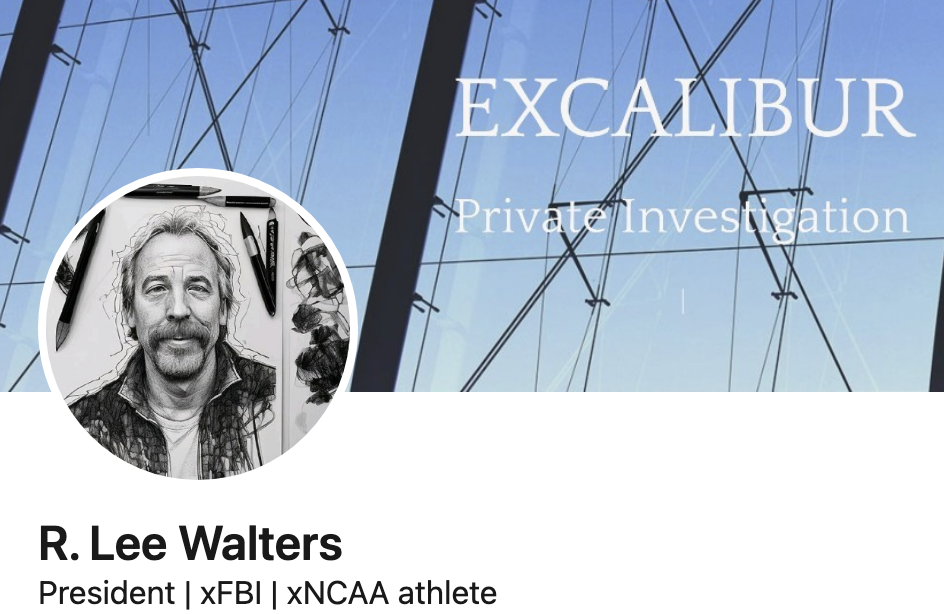- Surveillance: Our Colorado-based professional private investigators conduct surveillance to document the activities and behavior of the parties involved in a custody dispute. This can include monitoring interactions with the child, observing living conditions, and documenting any potentially harmful or neglectful behavior.
- Background checks: We delve into the background of each party, including their employment history, criminal records, financial situation, and any other relevant information. This can help uncover any factors that might affect their suitability as a custodial parent.
- Witness interviews: EXCALIBUR’s investigators get out on the street and interview witnesses who have knowledge of the circumstances surrounding the particular child custody case we’ve been hired to investigate. These interviews can provide additional perspectives and gather testimonies that may support or discredit certain claims.
- Asset investigation: If there are concerns about a party's financial stability or claims of hidden assets, our investigators can help uncover any hidden or undisclosed resources that may affect the custody decision.
- Gathering evidence: EXCALIBUR’s investigators collect evidence, such as photographs, videos, documents, or electronic data, to support our client's claims. This evidence can be crucial in establishing a pattern of behavior or substantiating allegations of abuse, neglect, or other factors affecting a child's well-being.
- Covert investigations: In some cases, a private investigator may be tasked with investigating a specific concern or suspicion, such as substance abuse or involvement with inappropriate individuals. We then gather evidence discreetly, ensuring the safety and well-being of the child.
We work with our clients to gather the evidence they need to support their child custody case. Our investigators, who work throughout the state of Colorado, have years of experience working child custody investigations and can put our over 30+ years to work on your behalf. Give us a call at 719.208.4088, fill out our contact form, or send us a Chat message on our website. A professional private investigator will be in touch with you asap, usually in less than an hour. We’re here to help you.
Lee Walters
President – Lead Investigator
EXCALIBUR Private Investigation







 RSS Feed
RSS Feed












